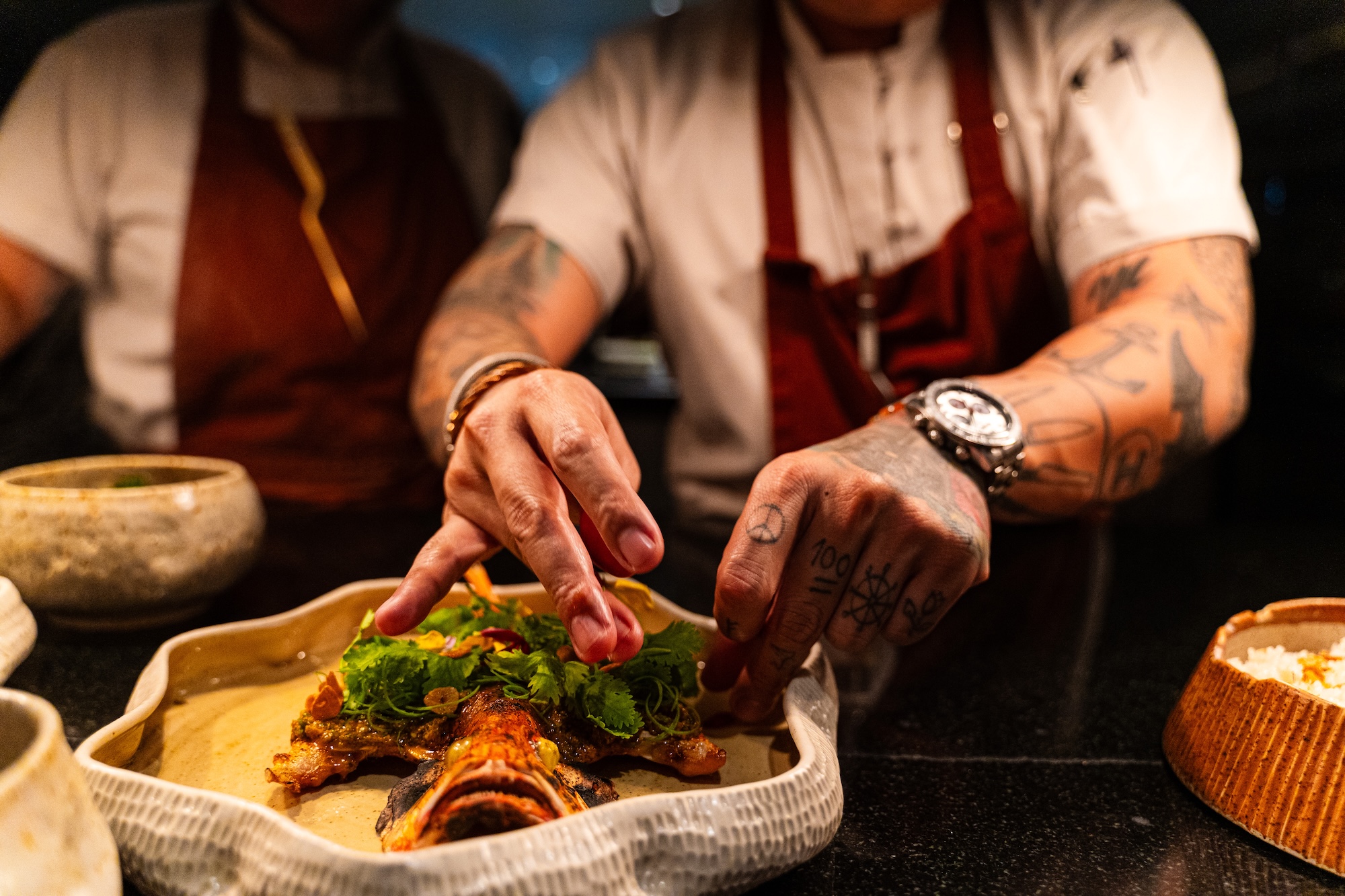Being a family physician is a vocation.
After the lockdown, my private clinic was closed, student activities were suspended and outpatient service areas of our department were also closed. What was left was the University of the Philippines Health Service (UPHS) unit of the Philippine General Hospital (PGH), being managed by the department.
Team duties at UPHS are arranged as such: I go on duty for an entire week and have two weeks off. We provide medical services to all health workers of PGH. We have to ensure their health, screen for the new coronavirus disease (COVID-19), provide monitoring for those in quarantine via telemonitoring, address non-COVID-19 concerns and manage appropriately.
There are days I have to be in a level 4 personal protective equipment (PPE) since we do screening of symptomatic employees. There’s some difficulty during consultation because you have to talk louder, listen very well and limit patient contact as much as possible.
Wearing N95 or surgical mask, face shield, goggles and gloves is part of the attire during duty days. I don’t wear the white coat; instead I wear a shirt with short sleeves, pants and closed shoes.
If I’m the consultant on duty, I’m in the clinic from 7:30 a.m. to 6 p.m. and on call until the incoming consultant comes in the next day. We are four consultants assigned to different areas (COVID-19 area and swabbing/testing area, non-COVID-19 area, telehealth). Residents in training and nursing staff work with us. Collaboration, trust and teamwork are essential for a smooth flow of a typical duty day.
Off-duty days are mostly for work-from-home activities, online meetings and teleconsultations with my private patients and their families.

Family-focused care
Family physicians are trained to be clinically competent to provide quality patient-centered, family-focused and community-oriented care. We also have to be skillful communicators and coordinators of care.
Family physicians do not look just into the biomedical aspect of a disease or illness, but also probe the psychosocial aspect of a patient’s illness and its impact on the family, and provide health promotion, prevention, curative, rehabilitative and palliative care.
What is challenging is helping the patient and the family understand the illness and address perceptions and fears that come with it, so that adherence to management will not be a problem and so that we could link families to available health resources in the community.
For instance, when a family member is COVID-19-positive or if a family has high-risk members, we discuss with them what to do, address and alleviate their fears, and provide necessary information on how to tap community resources, or go the extra mile of personally coordinating with agencies concerned.
How you can help
Authorities and the public can help by ensuring the safety, health and well-being of front-liners.
At PGH, front-liners are provided accommodation, food, transportation, PPE, psychosocial support through debriefing sessions, regular monitoring through telehealth for those in quarantine, COVID-19 screening and testing, and non-COVID-19 management.
Authorities must have strict implementation of implementing rules and regulations of the government’s Inter-Agency Task Force. The public must conscientiously stay home to stay safe. Get news from credible sources, apply infection control, practice hand hygiene, adhere to healthy lifestyle and do activities to strengthen immune system, mental health. Be proactive with your health. Find something productive to do at home.
We are still in quarantine where there is need to screen patients for COVID-19. We still cannot say that the curve is flattening. Though there are more recoveries than deaths, we cannot be complacent. We have to be vigilant and contribute to halting transmission.
The public should cooperate with authorities. They should contact their health care providers for medical concerns rather than seeking advice from noncredible sources. Prepare to slowly adjust to the new normal.

Sacrifices
Sacrificing our own family time for the practice of the profession is challenging. In this enhanced community quarantine time, while most are at home with family, there are those who cannot do that due to the nature of our work.
My faith in God, strong family support, friends, patients and families whom I have been given the chance to be part of are the sources of my strength and endurance.
Having a positive mindset even in times like these helps me endure the fears about the future. It’s living life one day at a time. Starting and ending the day with a prayer is my shield. My dad is my guardian angel while my mom and my siblings are my angels here.
One good thing I restarted is my “COVIDspirations,” a day-to-day journal of my reflections. I find inspiration in the simple things that I encounter throughout the day, conversations I have with family, friends and patients, a Bible verse I have read or a song I heard. It feels good reconnecting to the core of my soul and putting into words what is in my heart.
I apply the 3Ps (pray, protect and prepare). I start and end my day with a prayer. I have to protect my family, that is why I isolate myself and limit my contact with them. Knowing that my family is safe is enough consolation.
I also protect myself. On duty days I am in a PPE, keep physical distance, stay alone in my place, follow the recommendations on disinfection, take a bath right after duty, get enough hours of sleep, keep myself well hydrated, eat healthy and do routine daily exercises. I de-stress by listening to music, baking and cooking on off-duty days. Good thing there is a way to maintain constant communication with family and friends via telecommunication and social media.
Front-liners like myself should be physically, mentally, emotionally, socially and spiritually healthy.
Dr. Limpoco is a family and community medicine specialist at University of the Philippines Philippine General Hospital, and is also affiliated with Manila Doctors Hospital. She’s a family physician at QualiMed Manila and a member of the National Board of Trustees, Philippine Academy of Family Physicians.













































